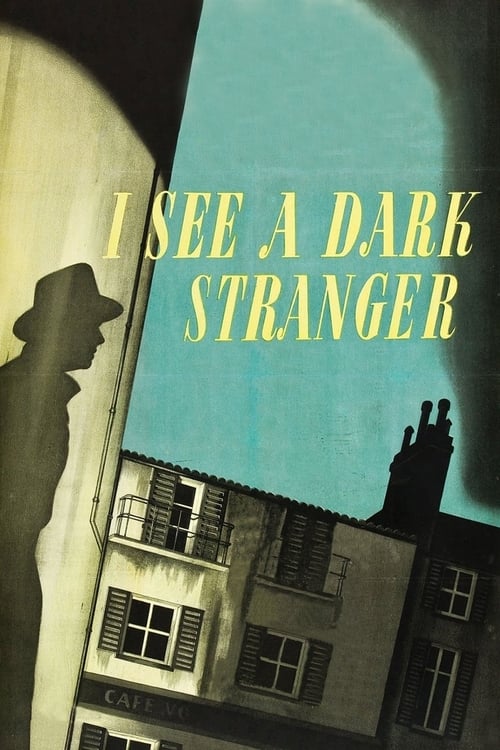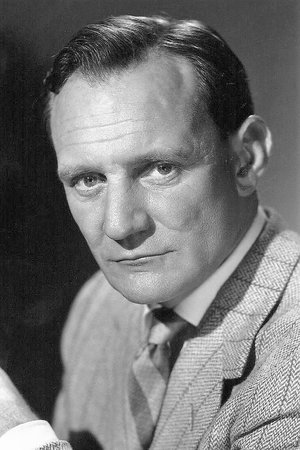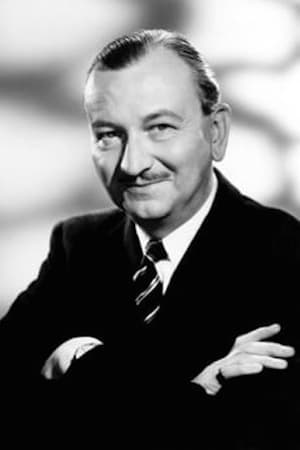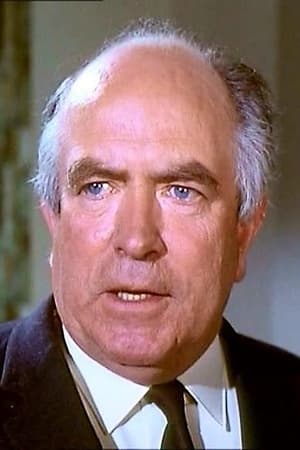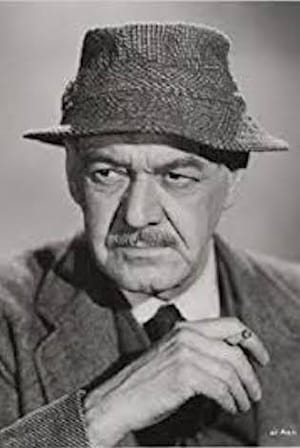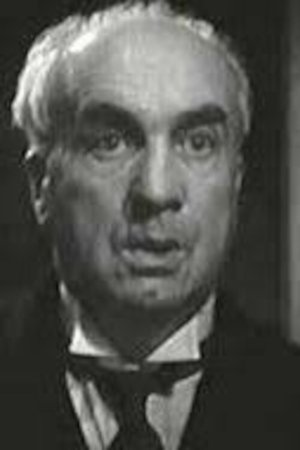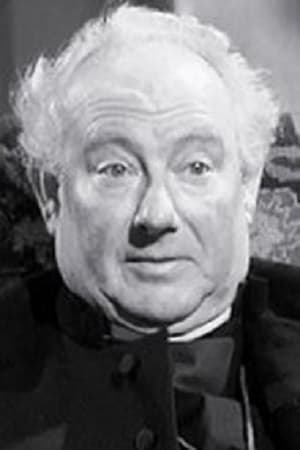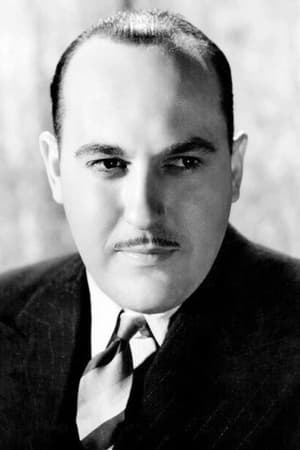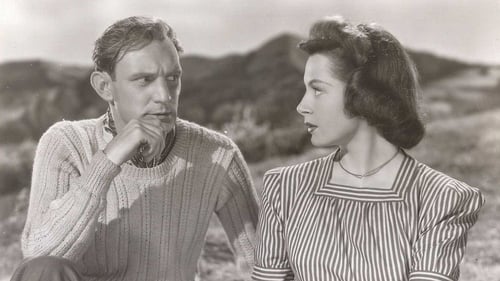
CinemaSerf
7
|
Jul 07, 2022
Putting the rather obvious historical gaffs to one side for two hours, this is quite an enjoyable story of "Bridie Quilty" (Deborah Kerr) who has grown up in Ireland listening to wonderfully gilded myths and legends of the revolution against the tyrannical English. On her 21st birthday, she determines to do her bit to ensure Irish freedom and so, to that end, travels to Dublin to try and enlist with the IRA. Not to be, but she has attracted the attentions of the manipulative Raymond Huntley ("Miller") - whom she met on her train - and is soon embroiled in a plot to spring a fella from jail and to, inadvertently on her part, assist the Nazis. She also encounters the British officer "Baynes" (Trevor Howard) whilst working in a the hotel near the jail from which their prisoner was to escape. Pretty quickly, everyone suspects everyone else and we are off on an adventure with an tiny bit of romance, too. It is a testament to Messrs. Launder and Gilliat that this story has enough truth - or plausibility, at any rate - about the scenarios to keep the plot interesting and Kerr is on decent form as the idealist young girl who has to learn fact from fiction quickly. We have stereotypes a-plenty to poke fun at (for they are there to inject humour, I felt, rather than offer any deep-meaning critique on the politics of neutral Ireland or colonial Britain) and the ending is probably fair!
